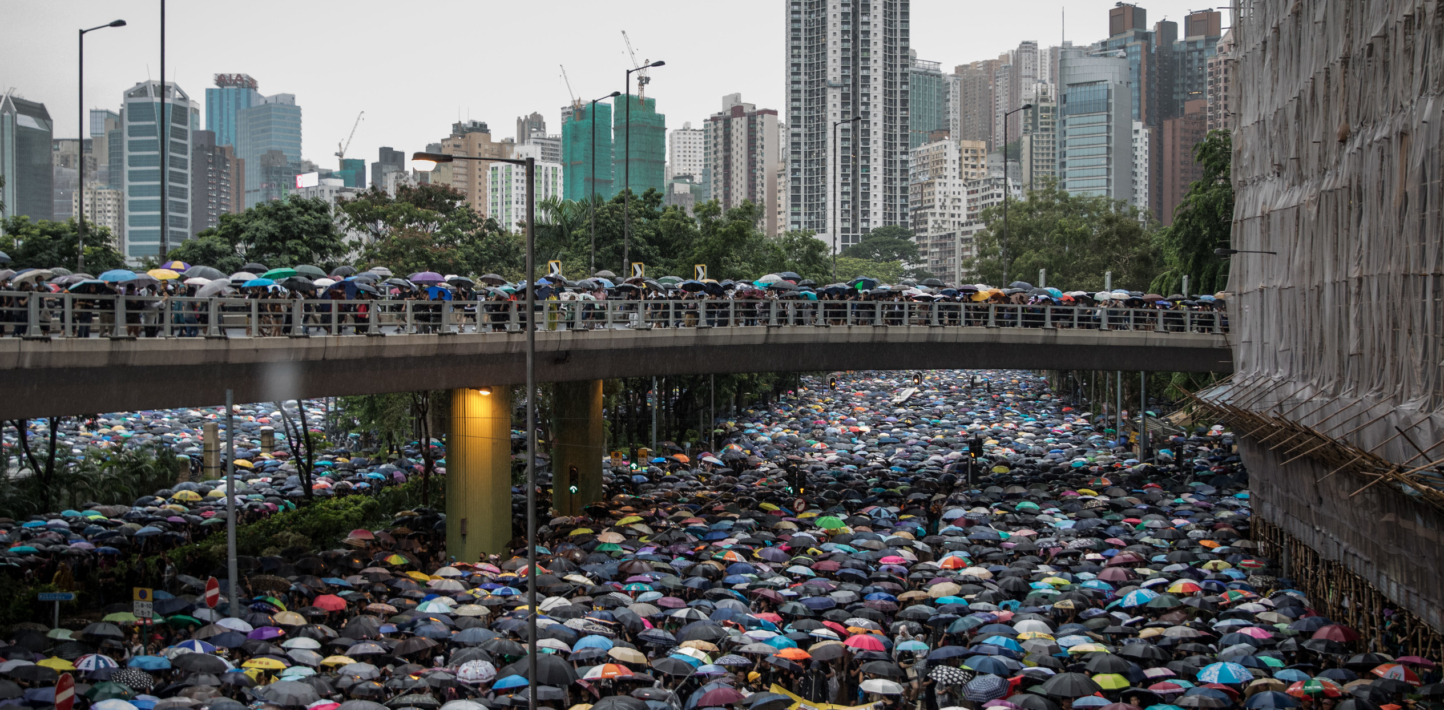Responding to Hong Kong’s Court of Appeal approving a government bid to ban the protest song “Glory to Hong Kong”, Amnesty International’s China Director Sarah Brooks said:
“The Hong Kong government’s campaign to ban a song is as ludicrous as it is dangerous. Banning ‘Glory to Hong Kong’ not only represent a senseless attack on Hongkongers’ freedom of expression; it also violates international human rights law.
“Today’s appeal victory for the government – after a lower court ruled against it last year – is a worrying sign of the authorities’ growing unwillingness to respect human rights and uphold their obligations.
“Singing a protest song should never be a crime, nor is it a threat to ‘national security’ as the government claims. The Hong Kong authorities must end all attempts to stifle human rights in the name of ‘national security’.”
Background
The Hong Kong Court of Appeal today overturned a July 2023 decision by a lower court, which had rejected the Hong Kong government’s decision to ban ‘Glory to Hong Kong’ due to concerns it would have a “chilling” effect on freedom of expression.
Hong Kong’s Department of Justice is seeking to ban the “broadcasting, performing, printing, publishing, selling, offering for sale, distributing, disseminating, displaying or reproducing in any way” of the song, which gained particular prominence during 2019 mass protests in the city.
The song’s lyrics and melody would also be banned. A protest slogan that also appears in the song, “Liberate Hong Kong, revolution of our times,” is already banned under the city’s National Security Law as it has been deemed a call for “secession” by the government.
The government has previously said people who engage with the song in any of the ways described could be prosecuted under the National Anthem Ordinance, or even charged with “secession” under the National Security Law potentially leading to life imprisonment.
In addition, since 2020, the government has increasingly cracked down on legitimate expression using overly broad, colonial-era “sedition” charges, penalties for which have greatly increased since the enactment of the Article 23 law earlier this year.
The court’s decision sets out conditions under which the ban on the song would be legal – namely, on the grounds of the “seditious” intent of its sharing, playing or singing.
Practically speaking, however, the decision will be a powerful deterrent to freely expressing one’s views through reference to ‘Glory to Hong Kong’. Amnesty International has documented a number of cases in which seditious intent or intent to incite to national security crimes have been claimed by the government and resulted in prosecutions, backed by the flimsiest of evidence.
According to international human rights standards, neither peaceful advocacy for a change in government or government policy, nor criticism or even insult to a state’s institutions or its symbols, must be prohibited on national security grounds.


